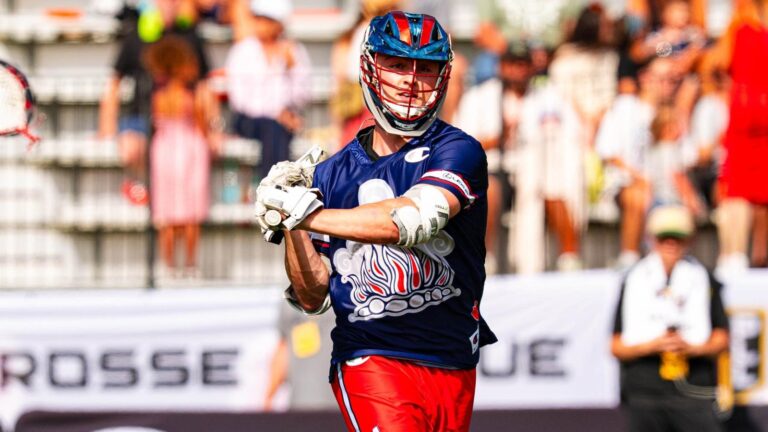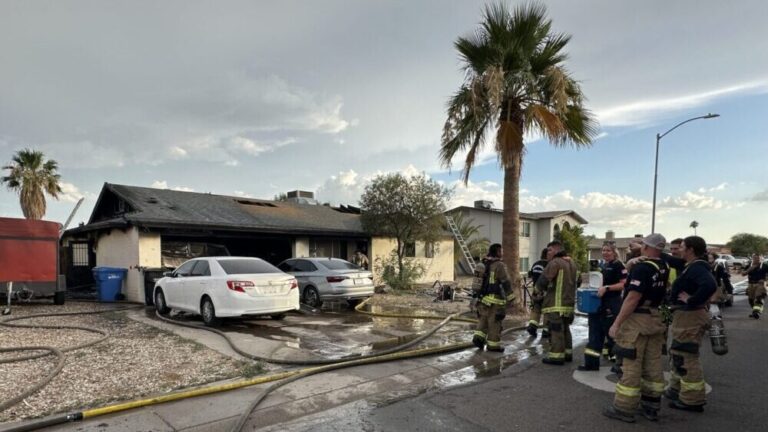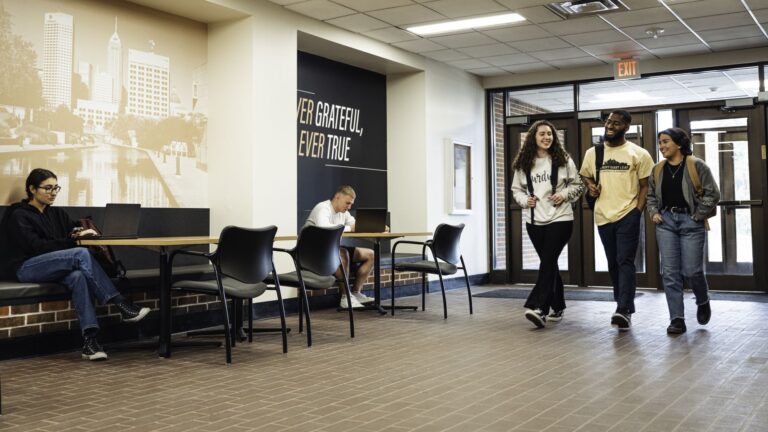
NEED TO KNOW
- Bryan Kohberger planned to introduce four “alternate perpetrators” at his murder trial, including three individuals who were friends with his victims, according to a court order
- They are not named, but “were each socially connected to one or more of the victims” and “interacted with one or more of the victims at social events in the hours prior to the homicide”
- A fourth individual had been seen following one of the victims out of a store five weeks before the murders, but that person, along with the three friends, were all cleared by police
Bryan Kohberger planned to argue at trial that the four University of Idaho students he murdered were actually killed by three of their friends.
Those three individuals are not named, but a court order filed just a few days before Kohberger made a deal with prosecutors to avoid the death penalty — which was obtained by PEOPLE — details their relationships with victims Kaylee Goncalves, 21, Madison Mogen, 21, Xana Kernodle, 20, and Ethan Chapin, 20.
Ada County District Court Judge Steven Hippler wrote in a court order that the three people Kohberger planned to accuse of the murders “were each socially connected to one or more of the victims, interacted with one or more of the victims at social events in the hours prior to the homicide, lived within walking distance of the crime scene and were familiar with the layout of the victims’ home from prior social events.”
Ada County Sheriff’s Office
There was also a fourth possible suspect that Kohberger hoped to introduce at trial, but that individual only had a “passing connection” to one of the victims, according to the court order.
That fourth person noticed one of the victims while out shopping approximately five weeks before the murders, according to the order.
“He followed her briefly out the exit of the store while considering approaching her to talk. He turned away before ever speaking to her,” states the order.
The order stated that Kohberger could not present any of the four as “alternate perpetrators” during his murder trial.
“While perhaps this evidence could suggest an opportunity to commit the crime — which, no doubt, is an opportunity shared by dozens of others in the victims’ social circles — there is no compelling evidence that any of them had motive to kill the victims — much less physically harm them — or a means to do so,” Judge Hippler wrote of the three friends.
Want to keep up with the latest crime coverage? Sign up for PEOPLE’s free True Crime newsletter for breaking crime news, ongoing trial coverage and details of intriguing unsolved cases.
Judge Hippler also said that the proximity of these friends to the crime scene was a moot point — given the evidence already submitted in the case. “The fact that these individuals lived within walking distance to the crime scene is not probative evidence given that the perpetrator drove vehicle to the crime scene,” the judge wrote.
He added that “none of these individuals drove a vehicle matching the description of the suspected killer’s.”
Police also questioned all four of these individuals at some point, according to the order — and all four cooperated with law enforcement. The four provided DNA samples as well, which lab testing determined were not matches to DNA found at the crime scene, wrote Judge Hippler.
The order did not block Kohberger and defense attorney Anne Taylor from “confronting and cross- examining the State’s law enforcement witnesses regarding the thoroughness of the investigation, particularly in following up on and ruling out leads generally,” Judge Hippler later explained.
Ted S. Warren-Pool/Getty; August Frank-Pool/Getty
It’s possible the order gutted Kohberger’s defense strategy: Judge Hippler filed this order on June 26, and the following day, Kohberger’s defense team reached out to prosecutors to discuss the possibility of a plea deal.
Kohberger then signed the plea agreement on June 30 and then his written factual basis confessing to the four murders on July 1 before appearing in court to enter his guilty pleas on July 2.
His sentencing is set for July 23, during which he will be given the opportunity to address the family and friends of his victims after they deliver their victim impact statements.
Kohberger could also use that time to share his motive for the murders, which remains a mystery.
Latah County Prosecuting Attorney Bill Thompson is recommending Kohberger serve four life sentences without parole for the murders, plus an additional 10 years for a burglary charge.





